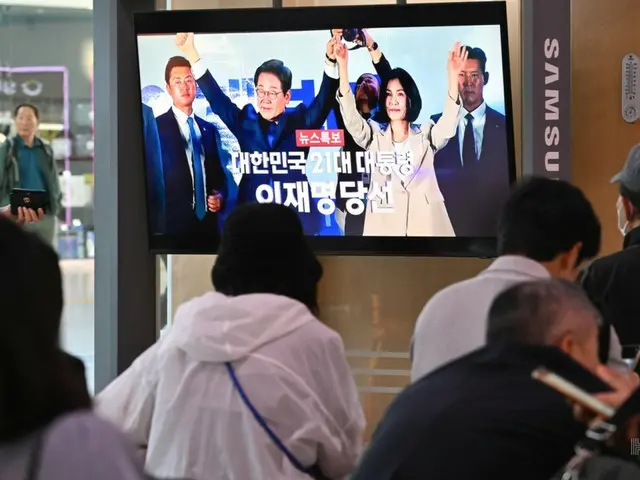A total of four trials, including the trial, are scheduled for June and July. According to the Korean legal community on the 4th, President Lee is the defendant in five cases. Of these, the following are scheduled for June and July:
The dates are: △June 18th, the trial for the Public Offices Election Act overturning and remanding; △June 24th, the first trial for the Daejang-dong, Wille, and Seongnam FC scandal; △July 1st, the Gyeonggi-do
(Gyeonggi Province) First trial preparatory hearing for the allegations of misappropriating corporate cards, △The first trial preparatory hearing for the allegations of remittance to North Korea by the Sanbangul Group on July 22. The first trial preparatory hearing for the allegations of perjury instigation was held on
However, President Lee is not required to appear at pretrial hearings for the Gyeonggi Province corporate card scandal and the Sambang-eul remittance scandal, both of which are being handled at the Suwon District Court.
The most attention is being paid to the Seoul High Court's decision to overturn and remand the case involving violation of the Public Offices Election Act.
As a result, President Lee was in danger of being stripped of his right to run for office. The Seoul High Court set the first hearing date for May 15th, immediately after taking over the case, and attempted to immediately serve the documents by bailiff without mailing them.
However, on the 7th of last month, the date was changed to after the presidential election, citing the need for "equal campaigning opportunities." With President Lee starting his term, "Article 84 of the Constitution" is being debated again
This clause states that "The President shall be immune from criminal prosecution while in office, except for cases of insurrection or treason."
Interpretations are divided as to whether the ruling covers the current trial or includes existing trials. The legal community believes that the temporary decision to suspend the presidential trial is up to individual courts.
Attention is focused on whether the trial scheduled for the 18th will continue or be suspended at a later date. Each court may decide to continue or suspend the trial, but the earliest scheduled suspension is
The decision of the court that dismissed the case and remanded it to the Supreme Court is likely to affect other courts. However, even if the court chooses to continue the case, it is expected that President Lee's side will not attend due to reasons such as running state affairs.
It remains to be seen whether a normal trial will be held. The issue may be resolved through legislation in the National Assembly. The Democratic Party of Korea is pushing for a bill to amend the Criminal Procedure Act, known as the "Presidential Trial Suspension Act."
The bill would add a new section 6 of Article 306 of the Criminal Procedure Act, suspending trial proceedings for defendants who win the presidential election from the day they are elected until the end of their term.
An amendment to remove the type of “acts” for which President Lee was indicted from the list of punishable offenses for publishing false facts under the Public Offices Election Act was also passed at a plenary session of the Administrative and Security Committee on the same day.
If the bill passes the plenary session, the Public Offices Election Law overturning trial will be acquitted. The legal provisions that were the subject of the charges no longer exist, and the state's power to punish has disappeared, so the court will be able to determine whether the accused is guilty or not.
The trial will end without any charges being filed. Other trials will not be allowed to proceed while he is in office due to the amendment to the Criminal Procedure Law. The Democratic Party of Japan submitted a request for convocation of a special Diet session from May to June this month.
2025/06/04 11:25 KST
Copyrights(C) Herald wowkorea.jp 85

